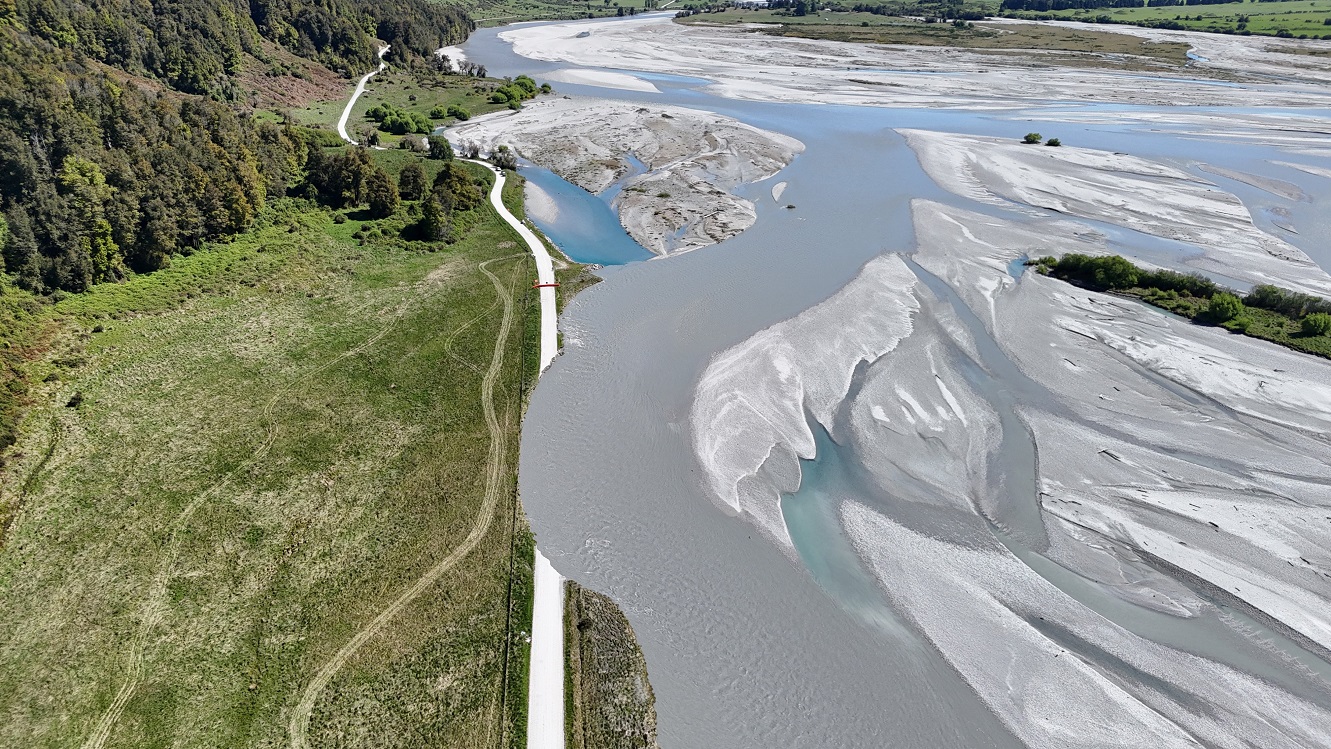

This government’s fascination with fossil fuels and roads is eerily reminiscent of the 1970s and 1980s when consumerism was celebrated, and the climate crisis was only something discussed in small scientific circles. These consumerist narratives shaped policies that appeared reasonable back then — when the consequences weren’t yet visible. It was a time when we didn’t fully understand what we were doing, when the costs of unchecked growth weren’t measured in rising seas and burning forests.
Yet we live in a time when extreme weather events happen so frequently it has become a weekly norm. In Spain recently, a year’s worth of rain fell in just one day, a deluge delivering massive flash flooding, cars tossed about in narrow streets like so many skittles, leaving at least 158 people dead. It barely registered a headline in this country.
Here in Ōtepoti Dunedin, we had the wettest day in a century in early October, with widespread flooding but, fortunately, a well-prepared community. Earlier this month, I was on an MP retreat at Kinloch when the access road washed out and a tourist’s stranded car was swept away down the torrent. These events are also very much 2024.
Now, as the world faces climate breakdown, it can be tempting to look back on the past with rose-tinted glasses. Nostalgia can be comforting when the present feels overwhelming and the future uncertain. But the policies of the ’70s and ’80s laid the groundwork for many of the challenges we face today, and turning back to those solutions would be doubling down on the very mistakes that led us here.
Instead of nostalgia, we need to look at what we have learned. From renewable energy innovations to regenerative agriculture, the solutions are not theoretical — they’re already within our grasp. It’s not about retreating to "simpler times", it is about embracing the future with the courage to make changes and do better, armed with the lessons of history.
If we practised long-term thinking and paid attention to our climate obligations, we wouldn’t prioritise saving a few minutes on a commute by car over providing more resilient infrastructure. We wouldn’t seek to open new coal mines and oil and gas exploration. We’d instead build rail-enabled ferries to provide both a link between our two main islands and low emission transport options. We’d support well-insulated homes, and electrify our economy with solar, wind, and geothermal power supported by our great hydro lakes and some additional hydro storage options to soak up excess power.
While we may have a Government that looks in the rearview mirror for inspiration, I see more and more people innovating and taking the power back, literally. At the Otago Peninsula Eco Restoration Alliance there’s an understanding that business can give back, not just in conservation, rehabilitation of hoiho and kororā, restoration of eco-systems and education, but also in energy. The alliance is installing solar panels on all buildings and incorporating battery storage to not only power its own operations, but also, eventually, be a back-up Otago Peninsula power supply.
When the Kinloch Wilderness Lodge was cut off during the floods, solar power with battery storage and passive "low energy" cabins offered clean tech back-up. Road access to Kinloch may always be vulnerable to flood events, but work is under way to provide a "blue route" across the lake to Glenorchy, along with an assessment of electric air transport.
Another business looking to the future and preparing the pathway for electrified transport, solar, wind and other low carbon technologies is Advanced Network Simulation and Analysis Holdings Ltd. This Canterbury-based company provides modelling and insights for electricity network owners to plan for and cost the necessary transition. While we have a Government focused on some mythical fossil-fuelled past, businesses and industry are increasingly investing in an electrified future through renewables.
Our best days aren’t behind us — they’re ahead of us. If we take stock of where we’ve come from and where we want to go, we can build a future that doesn’t rely on comforting myths of the past, but on bold, practical action.
Scott Willis is an Ōtepoti-based Green Party MP. Each week in this column one of a panel of writers addresses issues of sustainability.












